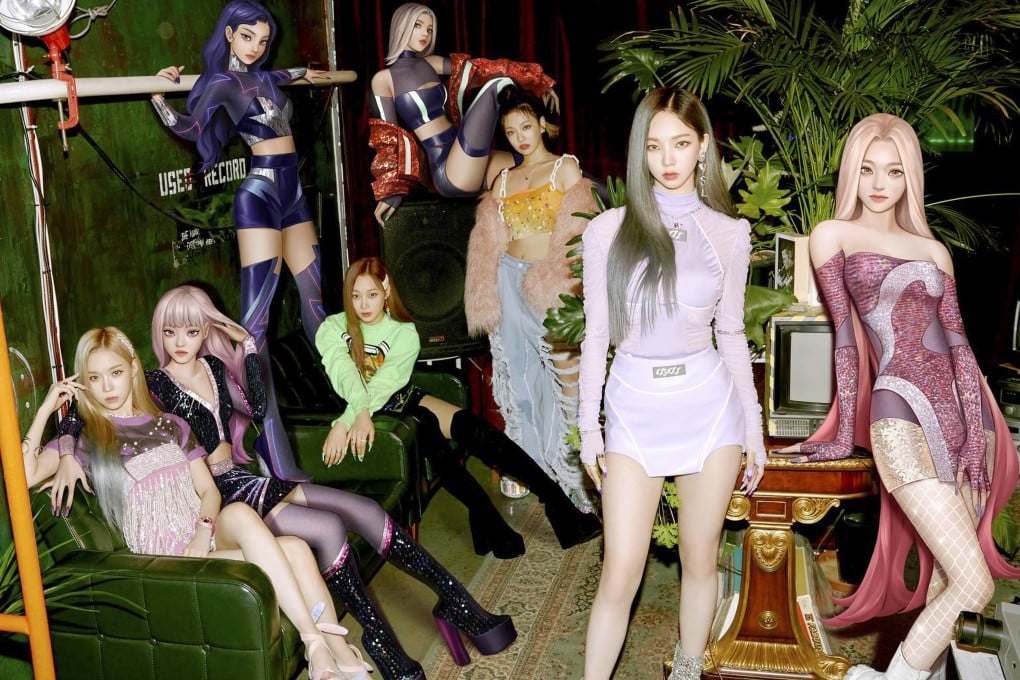Advertisement
Will AI take over K-pop? Virtual artists singing AI-created songs are coming soon, and that has human composers worried
- Two of K-pop’s biggest music labels, Hybe and SM Entertainment, are embracing AI in music production, from songwriting to debuting AI-produced virtual singers
- The use of artificial intelligence is not without controversy – a group representing composers believes AI could bring chaos to the music industry
Reading Time:4 minutes
Why you can trust SCMP
0

By Dong Sun-hwa
The integration of artificial intelligence (AI) into Korea’s multibillion-dollar K-pop industry is no longer a question of if, but when.
Industry giants like Hybe and SM Entertainment are charging headlong into this technological revolution, but the rise of AI in music production is not without its controversies.
Bang Si-hyuk, the mastermind behind the Grammy-nominated boy band BTS and the chairman of Hybe, recently revealed that AI is becoming a key factor for his operation and strategy – as evidenced by the label’s launch of a project called Midnatt in May.

Midnatt, the alter ego of Hybe’s male singer Lee Hyun, released “Masquerade”, a song sung in Korean. Thanks to AI, the tune was also available in six different languages including English, Spanish and Vietnamese.
Advertisement